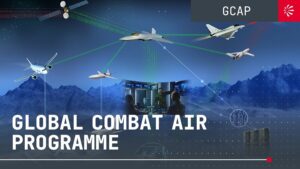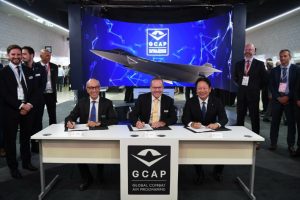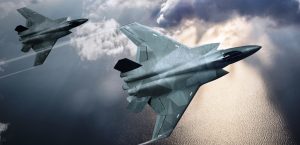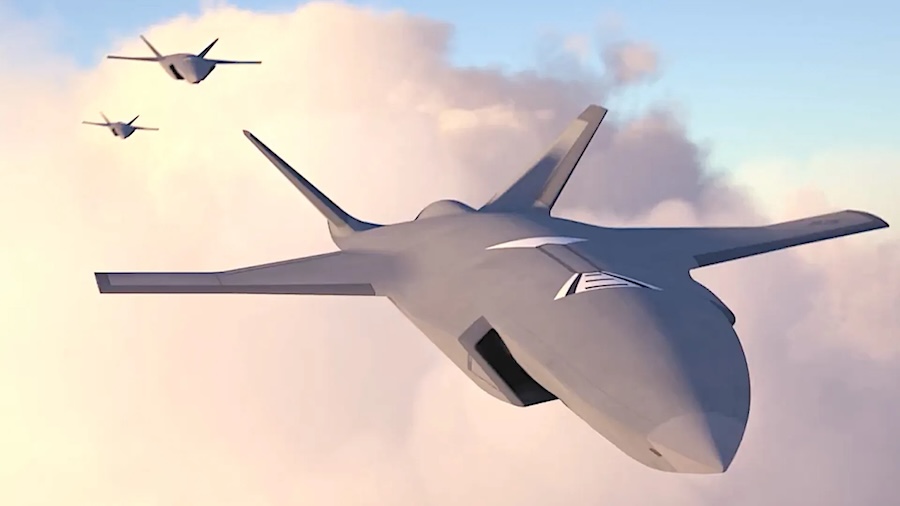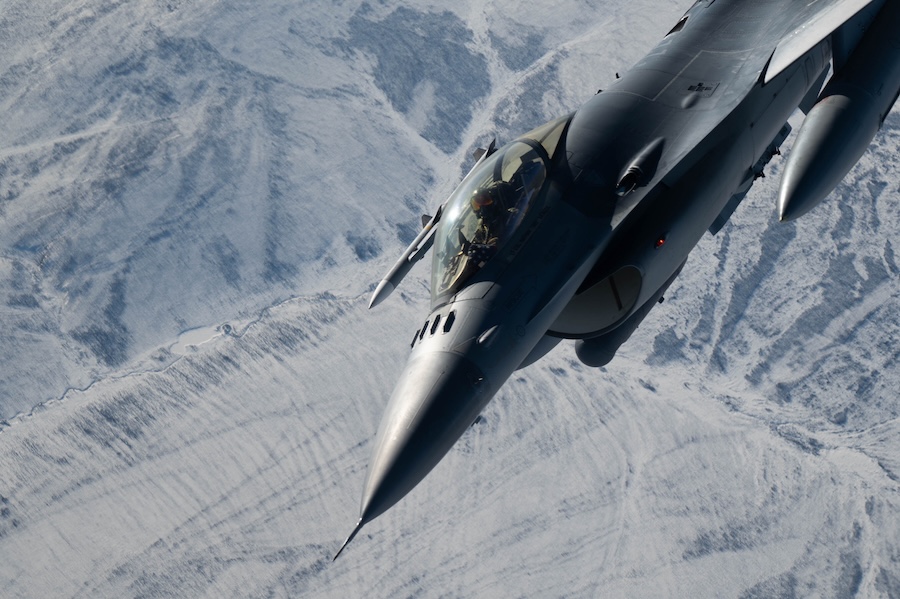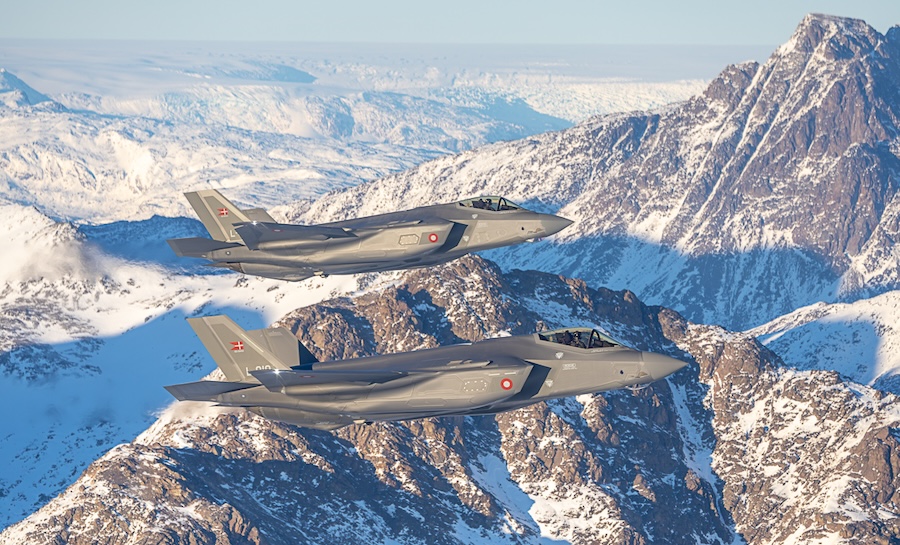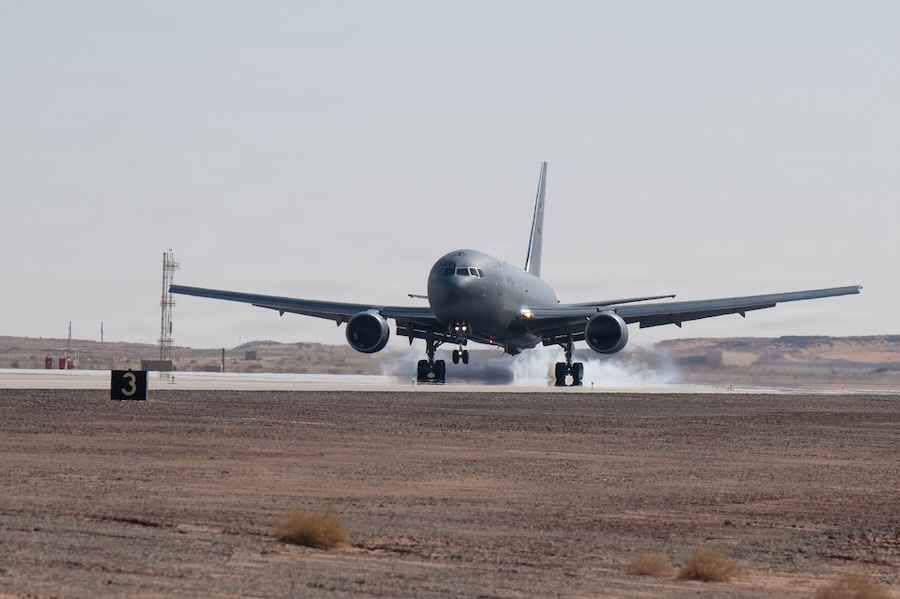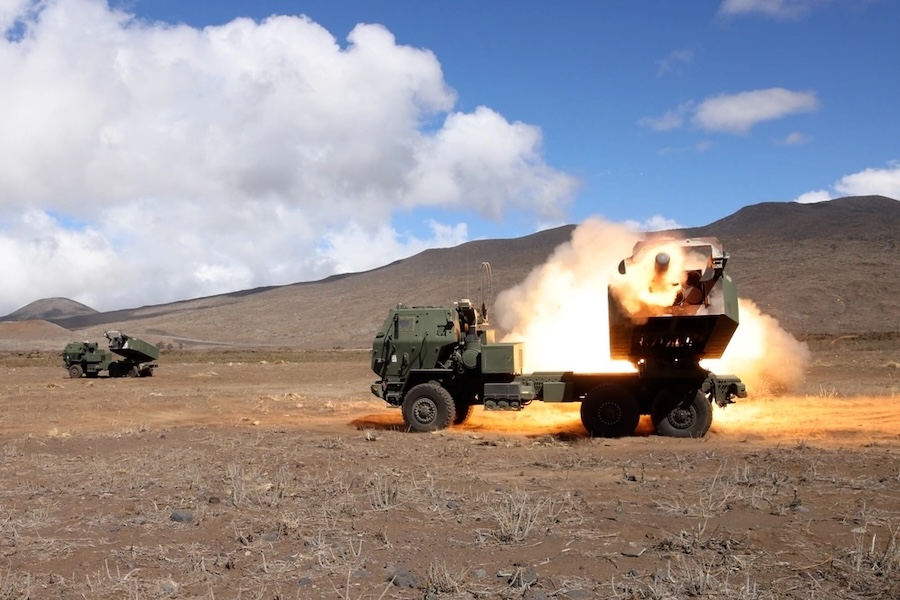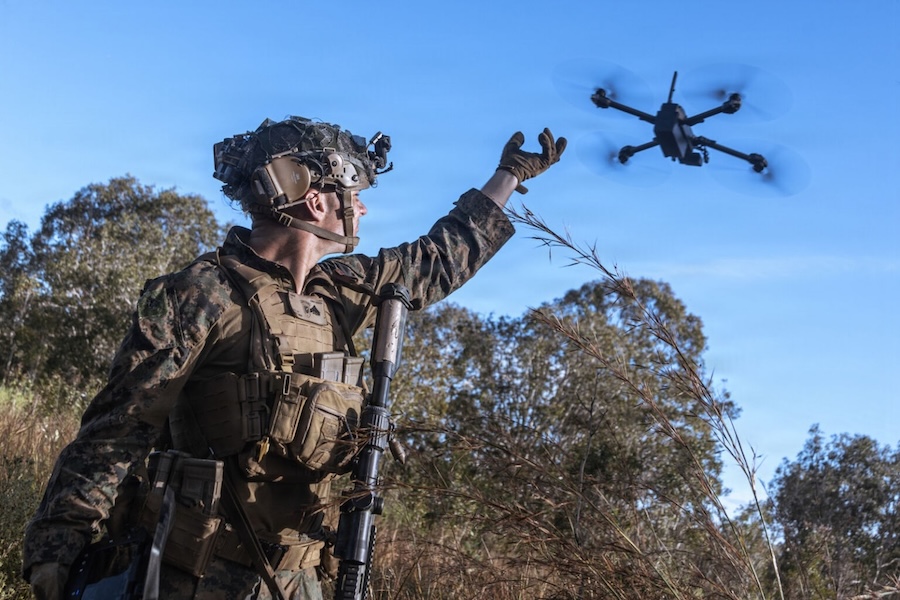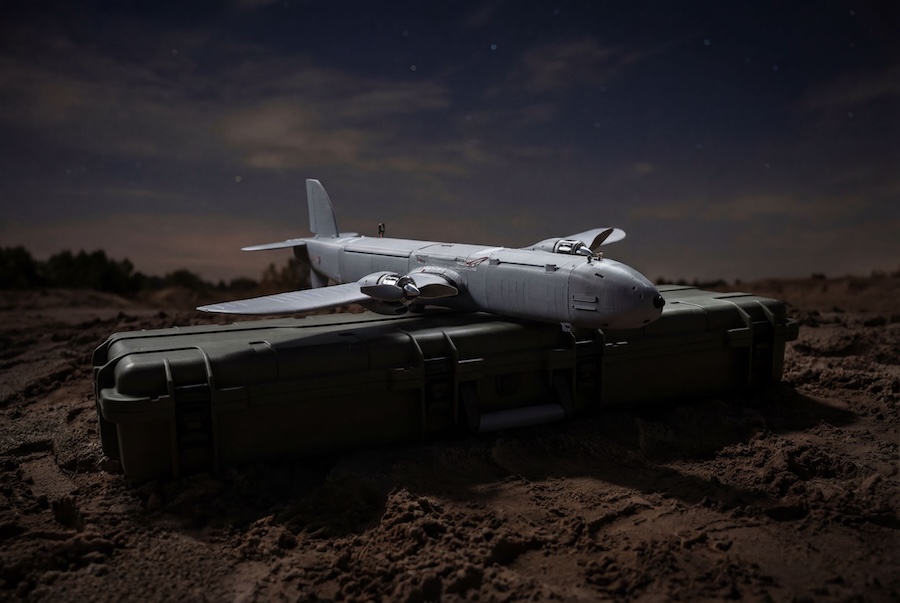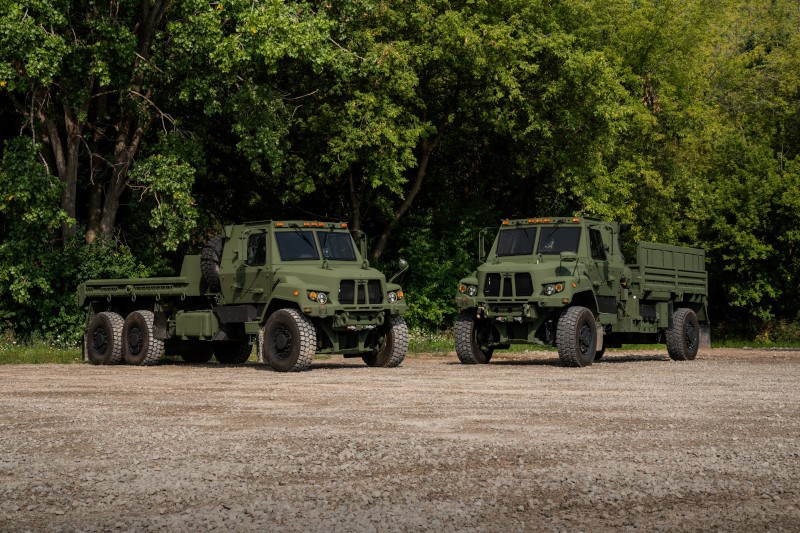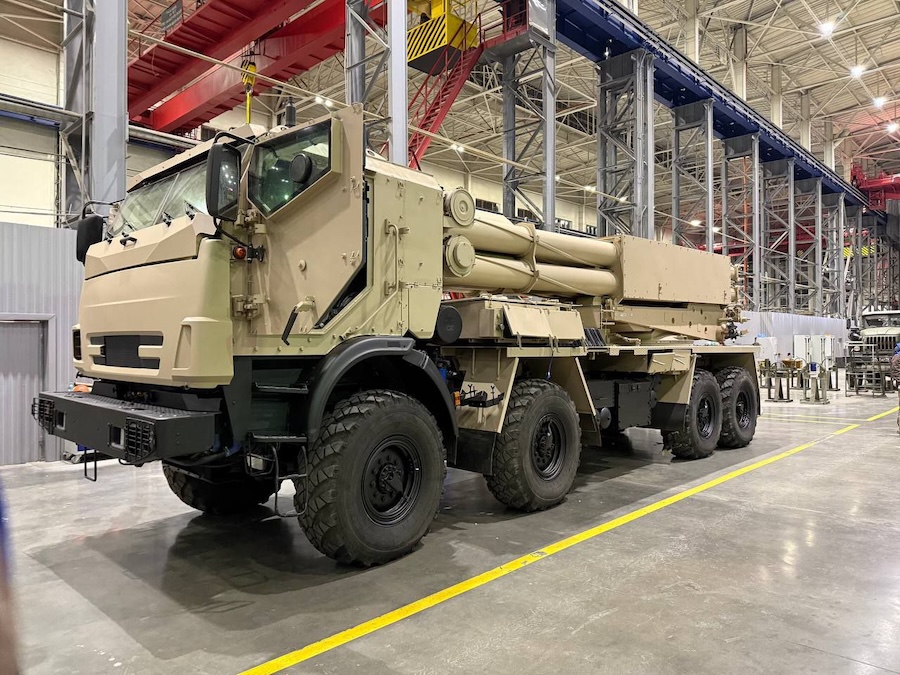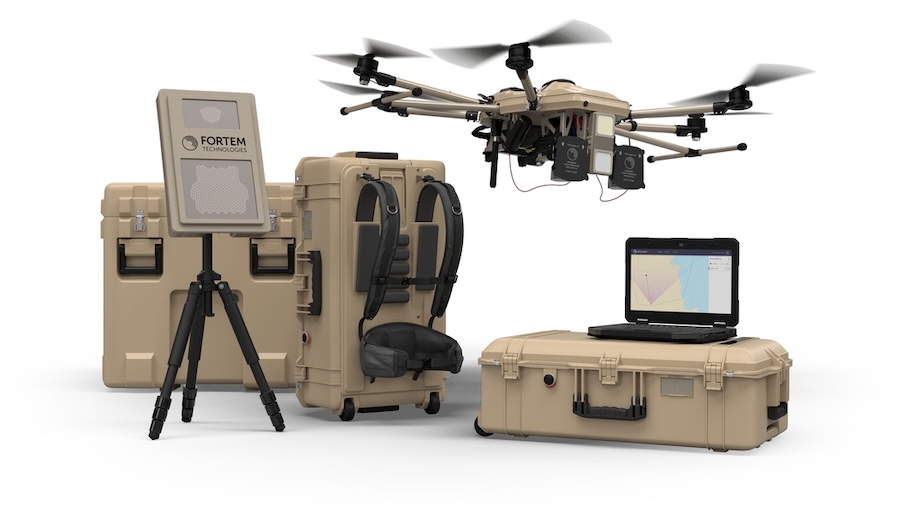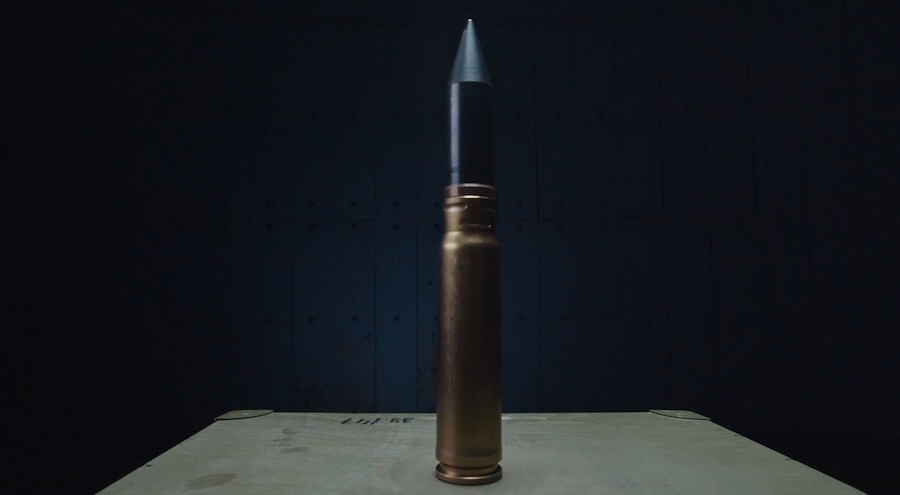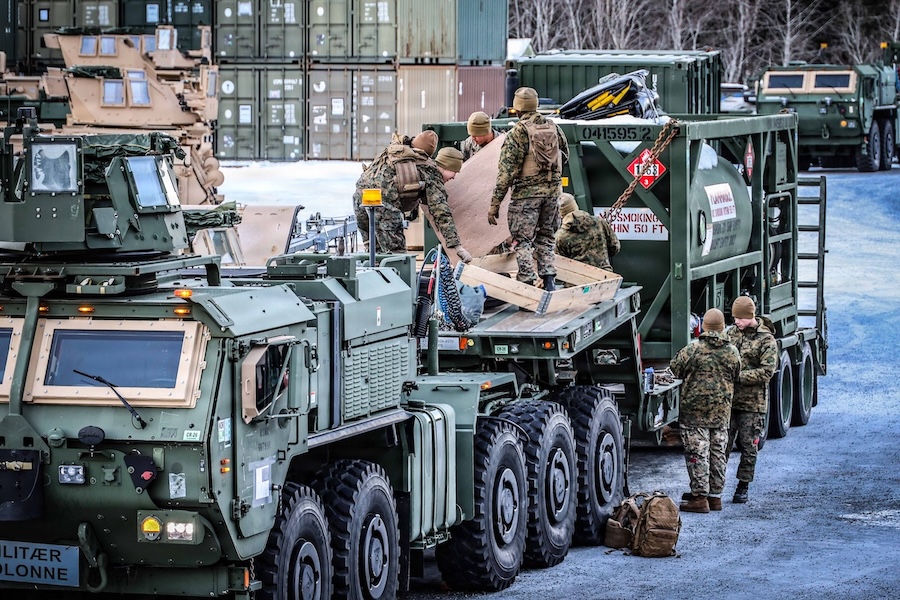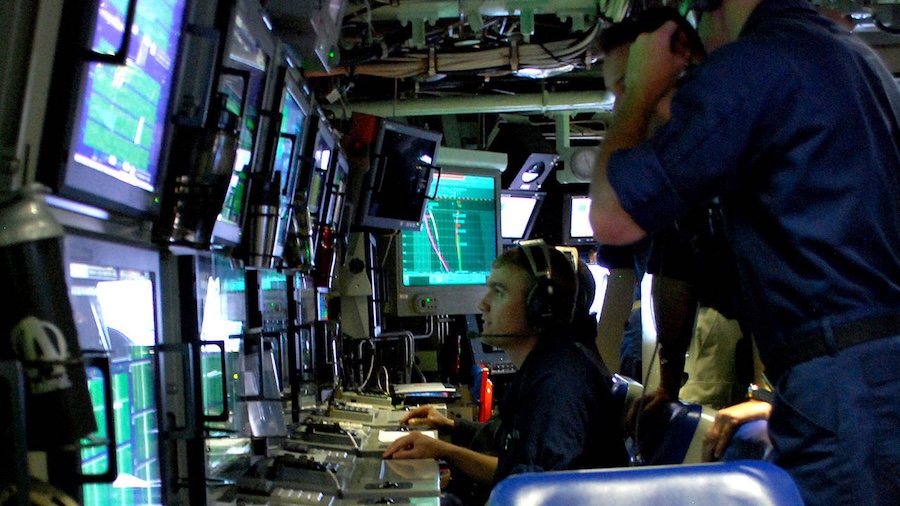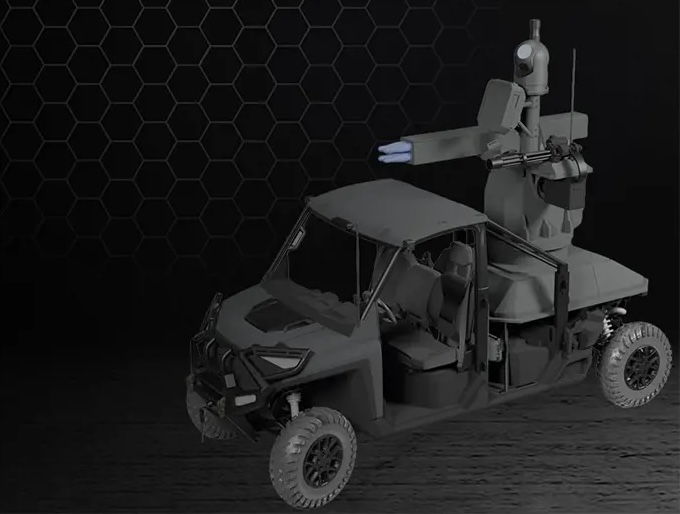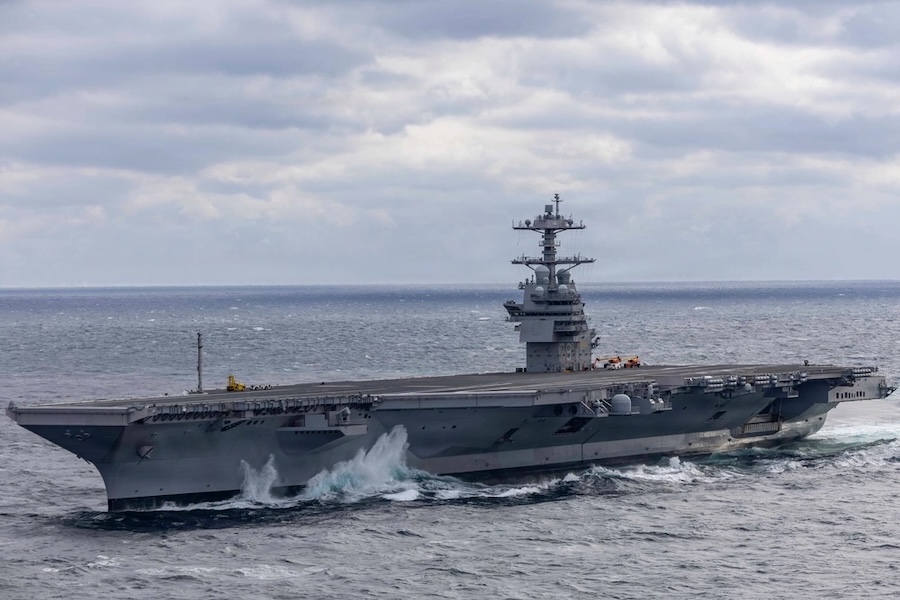The partnership aims to develop a sixth-generation combat aircraft, primarily for the governments of the United Kingdom, Italy, and Japan. According to the European Commission, there is also potential for sales to other governments or jurisdictions in the future.
Ownership of the joint venture will be equally divided, with each partner holding a 33.3% share. The company will be headquartered in Britain, and its first CEO will be from Italy.
GCAP is a collaborative multi-national initiative with the ambition to deliver a next-generation fighter aircraft by 2035. The aircraft will form the central component of a broader ‘system of systems’ designed to operate across air, land, sea, space and cyber domains.
The fighter will be fully digital and capable of executing missions alongside other assets through an integrated command, control and communications system. This infrastructure will incorporate artificial intelligence, supercomputing, a combat cloud, and high-speed, cyber-resilient datalinks to support rapid and secure data sharing.
GCAP is expected to generate significant technological advancement and economic growth in all three partner countries. It will support highly skilled employment and foster industrial development across the aerospace and defence sectors, involving companies such as Avio Aero, Elettronica, and MBDA Italia along with universities, research centres, SMEs and start-ups.
France, Germany, and Spain are concurrently developing a separate next-generation fighter project, raising questions among industry experts about Europe’s ability to sustain two major defence programmes. Despite this, GCAP is considered one of the most advanced and strategic initiatives in the Aerospace, Defence and Security sector, aimed at ensuring technological sovereignty for future generations.



